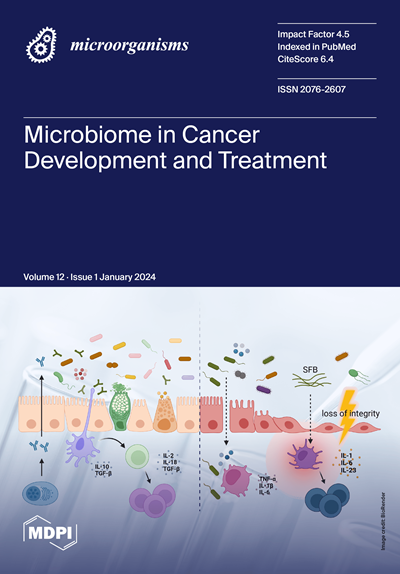Calorie Restriction Decreases Competitive Fitness in Saccharomyces cerevisiae Following Heat Stress
IF 4.1
2区 生物学
Q2 MICROBIOLOGY
引用次数: 0
Abstract
Experiments exposing Saccharomyces cerevisiae to glucose limitation (calorie restriction) are widely used to determine impacts on cell health as a model for aging. Using growth on plates and in liquid culture, we demonstrated that calorie restriction reduces fitness in subsequent nutrient-limited environments. Yeast grown in a calorie-restricted environment took longer to emerge from the lag phase, had an extended doubling time and had a lower percentage of culturability. Cells grown under moderate calorie restriction were able to withstand a gradual heat stress in a similar manner to cells grown without calorie restriction but fared less well with a sudden heat shock. Yeast grown under extreme calorie restriction were less fit when exposed to gradual heating or heat shock. Using RNAseq analysis, we provide novel insight into the mechanisms underlying this response, showing that in the absence of calorie restriction, genes whose products are involved in energy metabolism (glycolysis/gluconeogenesis and the citrate cycle) are predominantly overexpressed when yeasts were exposed to gradual heating, whereas this was not the case when they were exposed to shock. We show that both the culture history and the current environment must be considered when assaying physiological responses, and this has wider implications when developing strategies for the propagation, preservation or destruction of microbial cells.热应激后限制热量会降低酿酒酵母的竞争能力
将酿酒酵母暴露于葡萄糖限制(卡路里限制)的实验被广泛用于确定对作为衰老模型的细胞健康的影响。通过在平板上和液体培养物中的生长,我们证明了卡路里限制会降低酵母在随后的营养限制环境中的适应能力。在卡路里限制环境中生长的酵母需要更长的时间才能摆脱滞后期,倍增时间延长,可培养比例降低。在中等热量限制条件下生长的细胞能够承受渐变的热应激,其方式与不限制热量条件下生长的细胞相似,但在突然的热冲击下表现较差。在极端热量限制条件下生长的酵母在逐渐加热或热冲击下的适应性较差。利用 RNAseq 分析,我们对这种反应的机制有了新的认识,结果表明,在没有卡路里限制的情况下,当酵母暴露于逐渐加热时,其产物参与能量代谢(糖酵解/糖元生成和柠檬酸循环)的基因主要被过表达,而当酵母暴露于冲击时,情况并非如此。我们的研究表明,在测定生理反应时必须同时考虑培养历史和当前环境,这对制定微生物细胞的繁殖、保存或销毁策略具有广泛的意义。
本文章由计算机程序翻译,如有差异,请以英文原文为准。
求助全文
约1分钟内获得全文
求助全文
来源期刊

Microorganisms
Medicine-Microbiology (medical)
CiteScore
7.40
自引率
6.70%
发文量
2168
审稿时长
20.03 days
期刊介绍:
Microorganisms (ISSN 2076-2607) is an international, peer-reviewed open access journal which provides an advanced forum for studies related to prokaryotic and eukaryotic microorganisms, viruses and prions. It publishes reviews, research papers and communications. Our aim is to encourage scientists to publish their experimental and theoretical results in as much detail as possible. There is no restriction on the length of the papers. The full experimental details must be provided so that the results can be reproduced. Electronic files and software regarding the full details of the calculation or experimental procedure, if unable to be published in a normal way, can be deposited as supplementary electronic material.
 求助内容:
求助内容: 应助结果提醒方式:
应助结果提醒方式:


